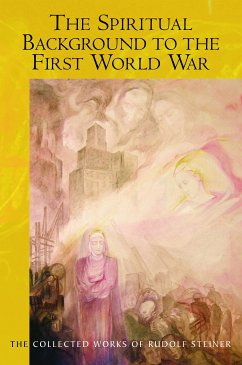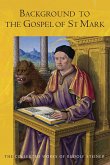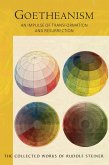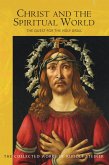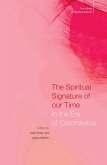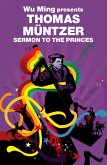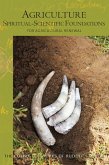With the unprecedented global conflict of the First World War as an overarching theme, Rudolf Steiner addresses timeless issues such as the search for harmony between peoples and nations, the development of the human capacity for love, the contemporary presence of Christ, and the questions of reincarnation and life after death. Speaking in the German city of Stuttgart during and after the war years, Steiner discusses the perpetual tension between East and West - particularly in relation to Europe. The war, he says, arose principally out of the Anglo-Saxon peoples' determination 'to exercise world-domination'. Knowing that Slavic culture is destined to be the precursor of the sixth cultural epoch, Western national interests resolved to make Eastern Europe - specifically Russia - 'the field for socialist experiments'. These events were aggravated by the failure of the Central European peoples in their own world-historical task, to 'rise to a broad sense of vision' as intermediaries between the two groups. Throughout, Steiner refers to the work of individual Folk Souls, but distinguishes them from the scourge of nationalism - especially when it is based on blood - whilst emphasizing the sovereignty of the individual human being. Although more than a century old, the enduring themes of these previously-untranslated lectures will resonate with many readers today. The main text is supplemented with an introduction by Simon Blaxland-de Lange, editorial notes and an index. Sixteen lectures, Stuttgart, Sept. 1914-March 1921, GA 174b
Dieser Download kann aus rechtlichen Gründen nur mit Rechnungsadresse in A, B, BG, CY, CZ, D, DK, EW, E, FIN, F, GR, H, IRL, I, LT, L, LR, M, NL, PL, P, R, S, SLO, SK ausgeliefert werden.

